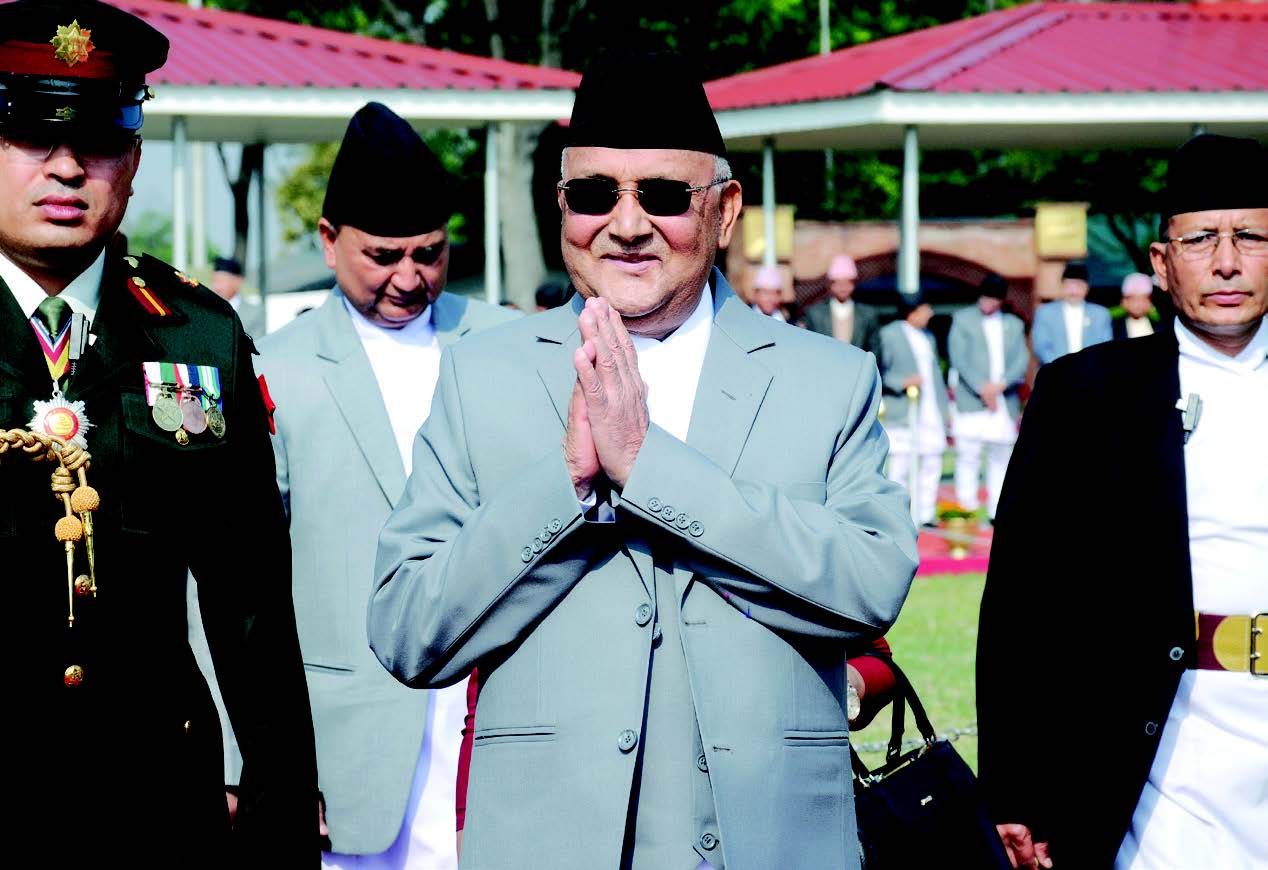International diplomacy is of two kinds, one open and one secret. Both are recognized and in practice. When the US and China were not on speaking terms in the 1970s, there was a lot of secret diplomacy. The two countries appeared hostile and inimical but they were talking secretly. Consequently, Henry Kissinger visited China on a secret mission and met Mao-Zedong, starting a thaw that has lasted till date. When Vietnam War was being fiercely fought in the 1960s, the United States and Vietnam held private talks in Geneva from time to time. What they really discussed was never reported. However, they were on speaking terms and people hoped that the course of war would soon turn into peace. Secret diplomacy is not limited to warring nations. It is as effective among the countries at peace. Unfortunately Nepal is known for pursuing only open diplomacy in its international dealings. The only secret part of open diplomacy is nevertheless evident in one-on-one talks between the top leaders, for example the recent secret talks between Prime Minister KP Sharma Oli and Narendra Modi in New Delhi. Nobody asked them what they talked about and they didn’t bother to disclose much.
Even if they drop hints of what had really transpired between them, the information we get will still be incomplete to arrive at a firm conclusion. But the visage of the leaders after the talks reflects, more often than not, the tone of the talks. Just to fall back on memory, King Birendra, way back in 1975, looked profusely cheerful after his meeting with President Tito in Belgrade. The royal entourage was clueless about what made him so cheerful.
Prime Minister Oli could not have missed the difference in tone and tenor of his one-on-one talks with the Indian Premier during his first India visit in 2016 and during the second one in 2018. He indeed got an extra dose of warmth from India when the Indian Minister for External Affairs Sushma Swaraj visited Nepal just to congratulate him as the PM-in-waiting. The bitterness or warmth in bilateral dealings is something privy to the practitioners of diplomacy. It is the consequences that concern the people.
On the surface, PM Oli’s recent India trip was a success. Nobody raised a finger against him after his return. The prospects of connecting waterways and railways don’t impinge on Nepal’s sovereignty.
There were far more serious pending matters related to the border, water, trade and airways. PM Oli proposed further talks to arrive at amicable settlements on these matters, perhaps during Modi’s upcoming Nepal trip.
What was dangerous about the secret Oli-Modi talk is the relegation into the background of the issue of bringing Chinese railways to Nepal as part of increasing the country’s international connectivity. If Oli fumbles on this as a result of his secret talks with the Indian leader, all the pomp and show of the open diplomacy will eventually be meaningless.
But, on the other hand, if Oli had gone to New Delhi without compromising his country, he would definitely win public support. It is however stupid to assign so high a value to the ‘first’ or ‘second’ foreign visit of a national leader. What does it matter so long as the national interest is served?











